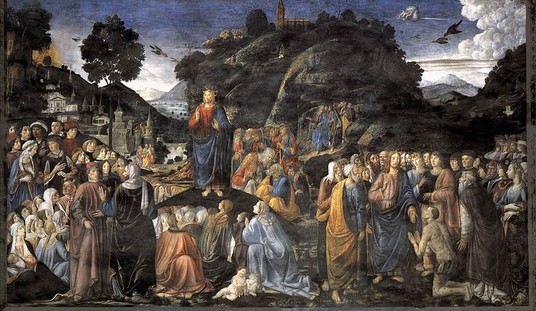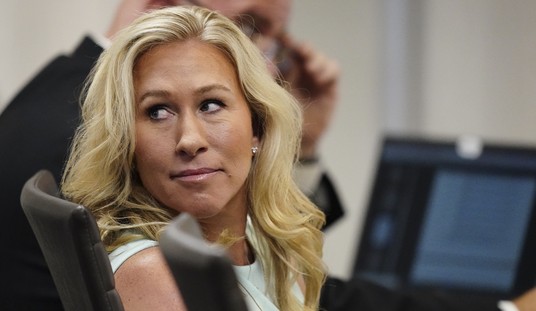Not to send our regular readers into shock here, but please allow me to offer a tip of my hat to Katie Mettler at the Washington Post for telling a story which wouldn’t normally gather any attention in the mainstream media but is probably one of the more important, while tragic tales coming from the ongoing debate over gun violence in America. She writes of the truly awful death of Arshell “Trey” Dennis in Chicago this weekend, a young, black college student at St. John’s University in New York City who was home visiting his family on the South Side. That visit was cut short by one burst of gunfire, but it didn’t come from a police officer and Trey wasn’t involved in any sort of criminal activity.
Arshell “Trey” Dennis, the third of his name, moved to New York to escape the home he loved.
He grew up in the South Side of Chicago, a city that employs his father as a police officer but has also profiled the 19-year-old because of the color of his skin. It’s a city seemingly constantly in turmoil — bleeding each weekend from dozens of gun-related killings — and an environment Dennis said he felt thankful to leave…
Just weeks from entering his junior year at St. John’s, the aspiring journalist and NAACP student chapter vice president flew back home to Chicago for the weekend, WGN TV reported, a surprise for his sick mother’s birthday.
He sat on the porch of his family’s home Saturday night, talking with a hometown friend, when gunfire split the stillness of his ordinarily quiet Wrightwood neighborhood.
Both were shot.
The friend, 20 years old, was hospitalized.
Dennis died.
It’s not that Trey didn’t have a history of being involved with the police. He did. His father was a cop and Trey was admired by relatives and colleagues for his drive, ambition and intelligence. He was going to make something of his life despite having come up in a neighborhood full of all manner of pitfalls. That’s not going to happen now.
You can tell from the coverage of the information being released by authorities that the police really have no idea who killed Trey Dennis and even less of a clue as to why. There are guesses being offered. One theory is that it was a case of mistaken identity, where gang members mistook Trey for a member of a rival group. Another suggests that gang initiations on the South Side of Chicago these days involve taking new members out and telling them to gun down the first people they see. They are discounting the idea that Trey was shot because he’s the son of a law enforcement officer. Perhaps one of those explanations is correct. Maybe it was something else entirely.
The point here is that the why of this tragic death really doesn’t have much to do with the wider problem. Identifying how it wound up being Trey Dennis who died and not one of the other millions of black and Hispanic residents of low income urban areas around the country doesn’t get us any closer to a solution. The fact of that matter is that even in Chicago, where the police force has been under intense scrutiny for officer involved shootings, the number of people who are killed or injured by the police is minuscule. They are a statistically blip on the medical radar, whereas Trey died from what could only be described as an epidemic. In every large urban center around the country there are young people, primarily black and Hispanic males, who are being gunned down on a daily basis. There were 40 people shot with nine winding up dead in the same weekend in the Windy City. That brings us to 2,607 shootings this year and it’s only August. (The total for all of 2015 was 2,988.)
Those aren’t people being shot by the police and they’re almost never being killed with legally owned and registered firearms. This is gang war on a massive scale. Chicago and the state of Illinois have some of the toughest gun laws in the nation and yet this is what we’re seeing on a weekly basis. The problem is that you rarely see these stories in the media and they are never mentioned on the campaign trail by Democrats and liberals, nor does the Black Lives Matter movement appear to give a hoot about them. We don’t have too many out of control cops… we have too many criminals. Trey Dennis paid the ultimate price for our lack of action on this front and there isn’t a single proposal on the table to do anything about it.








Join the conversation as a VIP Member